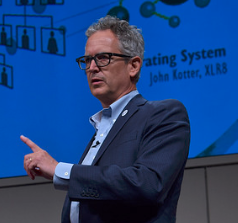
Ben Owens spent 11 years as physics and mathematics teacher at a small, innovative public school of choice in rural Appalachia after a 20 year career as an engineer with a multinational corporation in manufacturing and R&D locations across the U.S. He now leads the national nonprofit, Open Way Learning, that helps schools build cultures of open, learner-centered innovation to better prepare their students for a rapidly changing world. He was the recipient of the 2017 Bridging the Gap Distinguished Teacher in STEM Education; the 2016 North Carolina Center for Science, Mathematics, & Technology Outstanding 9-16 Educator; a 2014 Hope Street Group National Teaching Fellow; and is on the National Faculty for PBLWorks. He co-authored the book “Open Up, Education!" and co-edited "The Open Organization Guide for Educators."

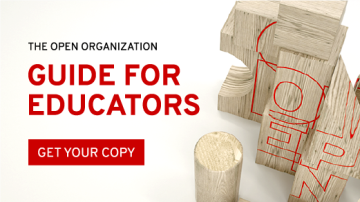
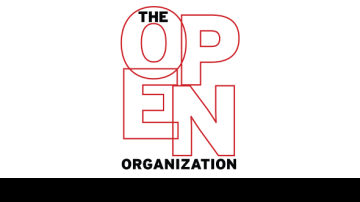
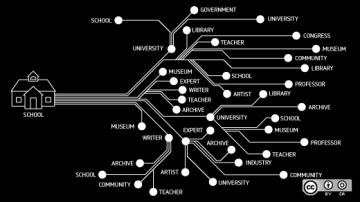

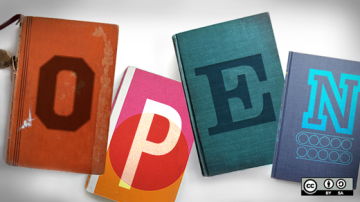
Authored Comments
Thanks, Lori, for the comment! I would submit, however, that it's not an either-or proposition. As someone who spent 11 years teaching in a public high school in rural Appalachia, I was constantly faced with a significant number of my students having only one pair of shores, one jacket, or other than what our school provided, no food stability. These were the same students, by and large, who saw school as something that was completely irrelevant to their lives. I saw my job as a teacher, right or wrong, to work hard to restore the joy and wonder of learning for all of my students, but at the same time, to do it in a way that helped them gain the skills, knowledge, and dispositions needed to break out of the cycle of poverty and have the capacity and agency to thrive in a tough, global economy. I was certainly not perfect in that goal, but I worked hard every day to ensure my students saw a love of learning as the key to their long term success. I now work every day to help other teachers look beyond our legacy model for any resource in or outside the ed space so that they too can restore that innate love of learning in each child - not through traditional models rooted in worksheets, one-size-fits-all lectures, and multiple-choice tests, but through community-based experiences that allow them to wrestle with and solve real-world problems they care about. Cheers!.
Thanks, Don, for your insight! I completely agree! I remain optimistic that we are going to see the kind of change that's needed for young people because I meet so many teachers that are ready to put the students back at the center of all decisions and not the bureaucratic minutia that tends to dominate ed conversations and policy. One of the best books I read that speaks to this issue, by the way, is Rick Hess' Cage Busting Teacher: https://www.hepg.org/hep-home/books/the-cage-busting-teacher.